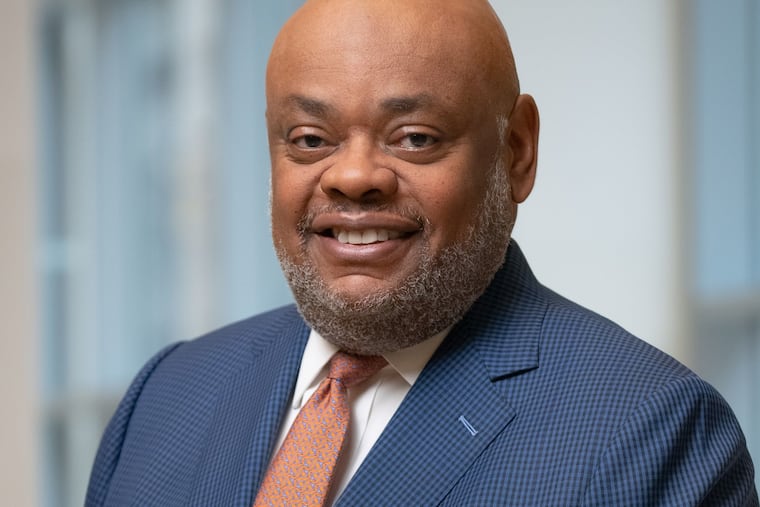IBC posts big profits in 2020 as COVID-19 kept members away from the doctor
The largest health insurer in the Philadelphia region had a profitable year in 2020, but expects consumers to play catch-up on deferred care this year.

With people nervous about going to the hospital and both elective and non-urgent care greatly reduced, it turns out that 2020 was a very profitable year for Independence Blue Cross.
IBC, the Philadelphia region’s largest health insurer, on Tuesday reported 2020 net income of $622 million — almost double its $321 million income in 2019, before COVID-19 struck.
On a percentage basis, the figure for 2020 was Independence’s highest profit margin since 2011, records show. However, the 2020 results included a onetime $209 million Obamacare-related payment from the federal government. The company also did well in the stock market.
While IBC overall paid for far less medical care last year, one area of spending spiked: telemedicine. It put out $182 million to cover 2.4 million telemedicine claims last year, a rocket of an increase from less than $2 million for 26,000 claims the year before.
Insurers nationwide have posted strong financial results for the year of COVID-19 because of the official orders shutting hospitals and clinics for all but the most urgent care.
The declines in surgeries and the like, which hammered the finances of some hospitals, have started to turn around.
“We think we’ll see that continue to rebound as we get deeper into 2021,” said Gregory E. Deavens, who became president and chief executive of Independence Health Group, IBC’s parent company, in January.
Independence’s total 2020 revenue was $21.8 billion, compared with $19.2 billion the year before. Much of that $2.6 billion increase came from its Medicaid subsidiary, AmeriHealth Caritas, which added new state contracts last year. Medicaid is the federal program that pays for medical care for the poor.
AmeriHealth Caritas took in about $14 billion in 2020, Deavens said. Independence owns 61% of the subsidiary, a joint venture with Blue Cross Blue Shield of Michigan.
The company has posted three straight years of strong financial results after four years of relatively low margins from 2014 through 2017, the tumultuous early years of the Affordable Care Act. Since 2018, Independence has added $1 billion to its surplus, which stood at $3.9 billion at the end of 2020.
The Pennsylvania Insurance Department regulates surpluses to make sure insurers have enough money to keep paying claims even if massive losses occur.
IBC’s nearest competitor in the Southeastern Pennsylvania market is Aetna, owned by publicly traded CVS Health. Having noticed that Independence and other companies that kept selling Obamacare plans were doing better financially, Aetna has decided to resume sales somewhere in the United States next year. Aetna left the Pennsylvania marketplace after 2016.
Aetna’s operating income increased 42% last year.
Independence enrolled 150,000 individuals in its ACA plans for 2021, down slightly from 2020. Those customers are a small part of the company’s overall business, which provides services to seven million people nationwide.
In simple terms, IBC paid out 82.8 cents for health care last year for every dollar it collected in premiums, less than its 87.2 cent payout in 2019. That decrease was a major factor in Independence’s higher net income last year, but not the only one.
The company also benefited from $120 million in investment gains and the belated $209 million payment under the Affordable Care Act program designed to entice insurers to take part by limiting plan losses in the early years.
Three years ago, Independence wrote off $215 million that it estimated it was owed under the ACA’s so-called risk-corridor program, thinking it unlikely that the money would come through.
But last year, the U.S. Supreme Court decided that the federal government was obligated to pay Independence and other insurers even if Congress hadn’t appropriated the money.